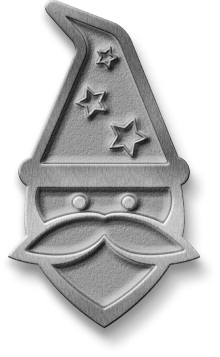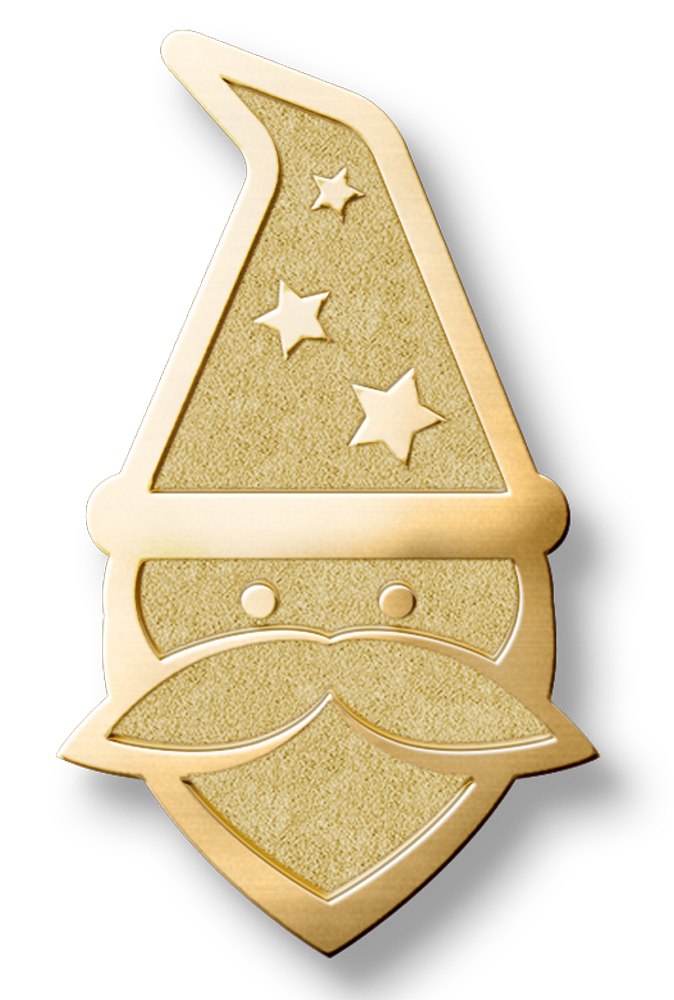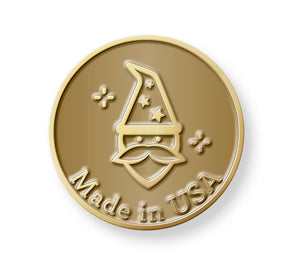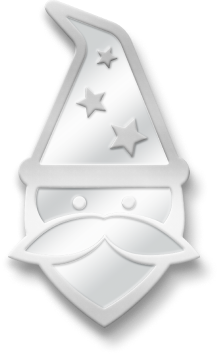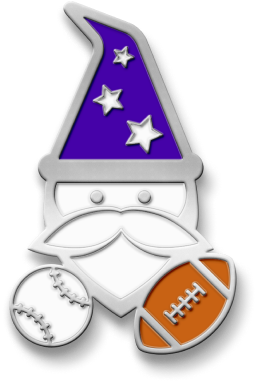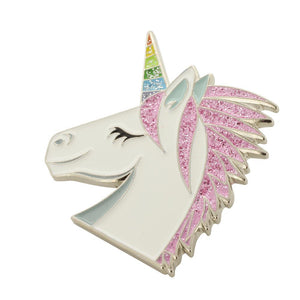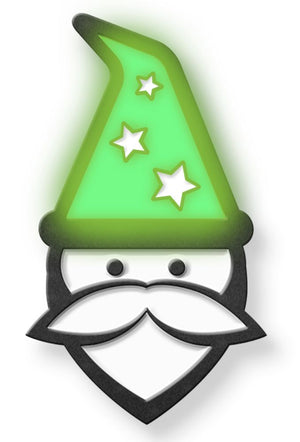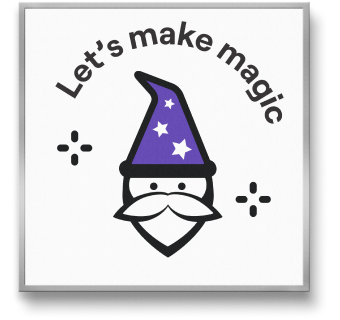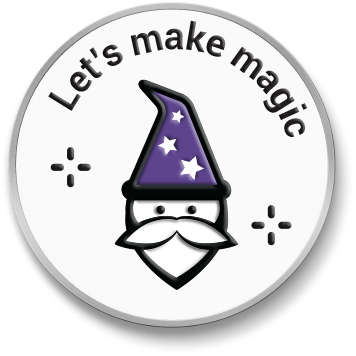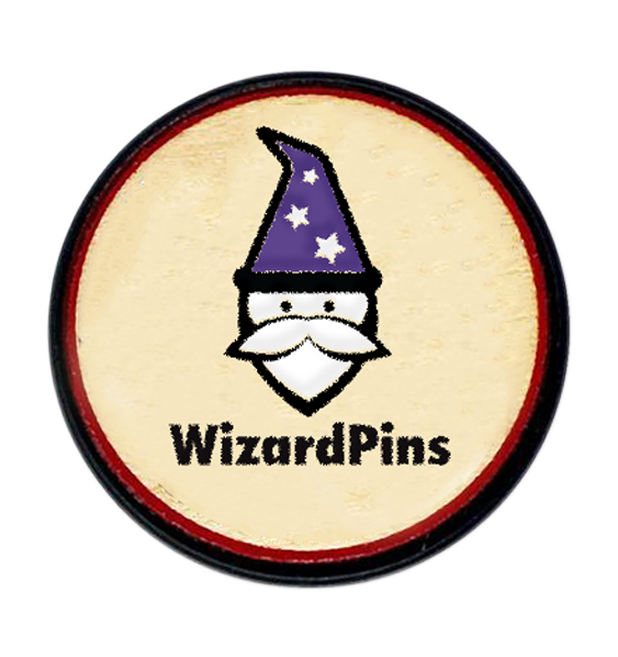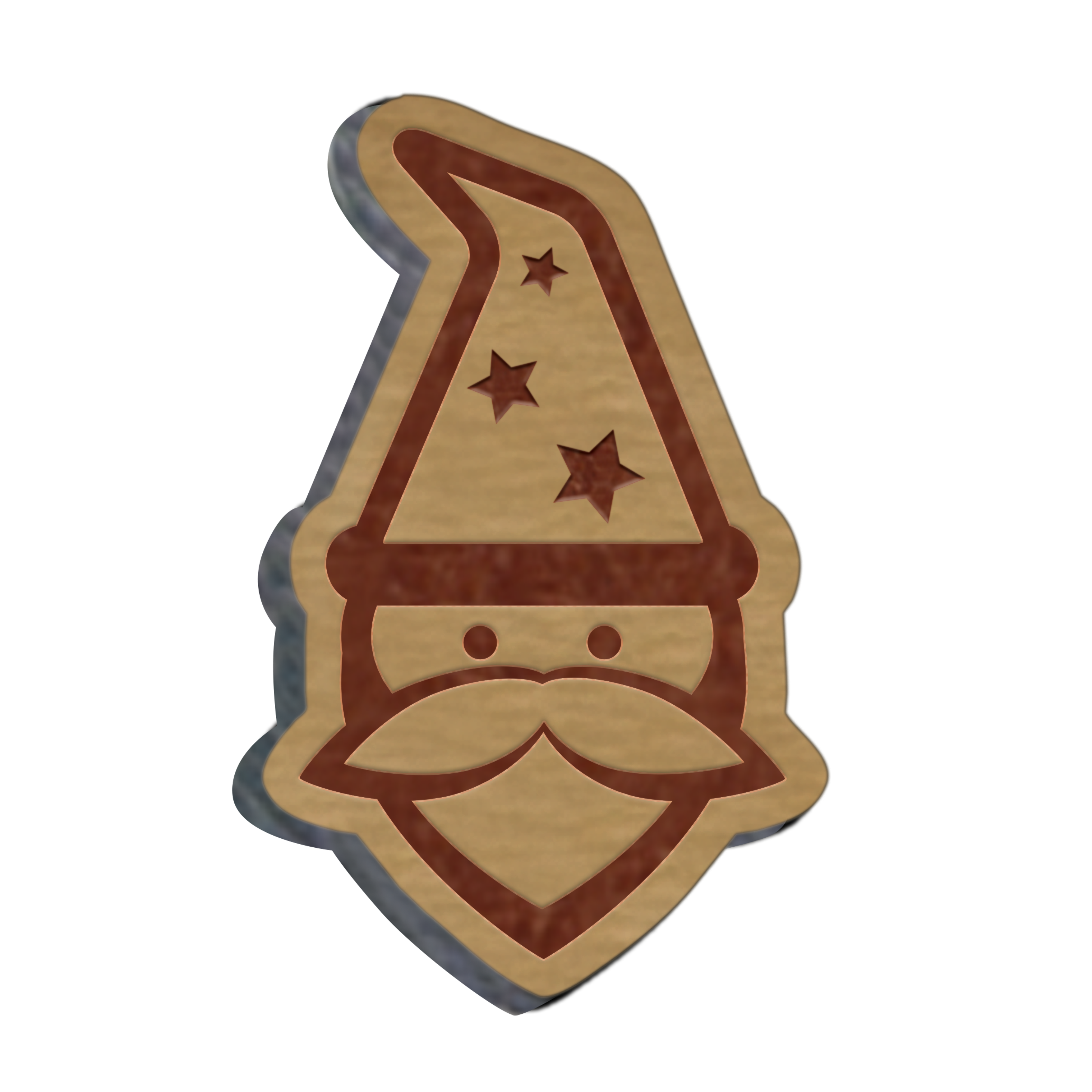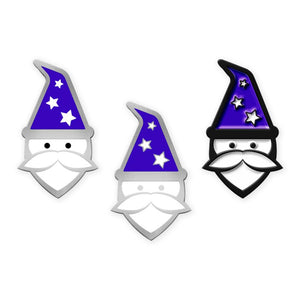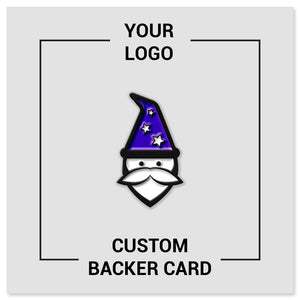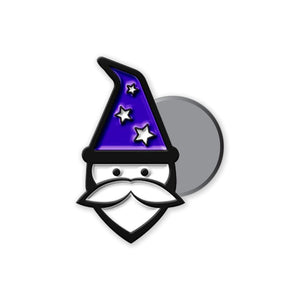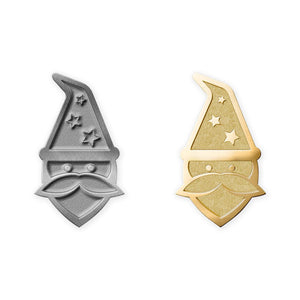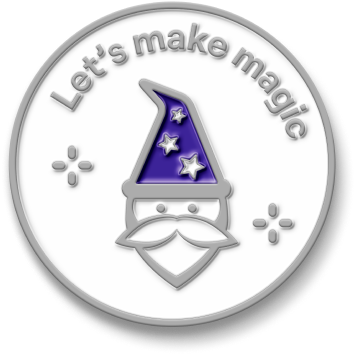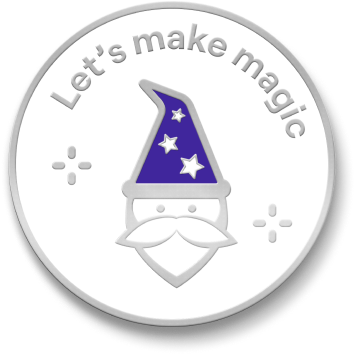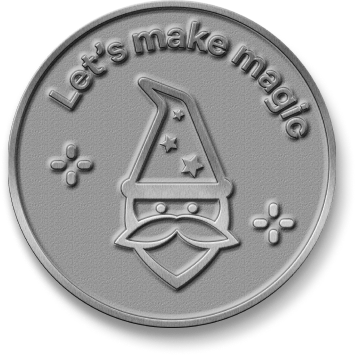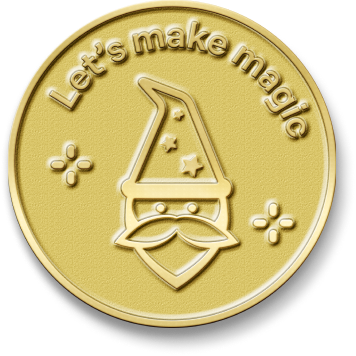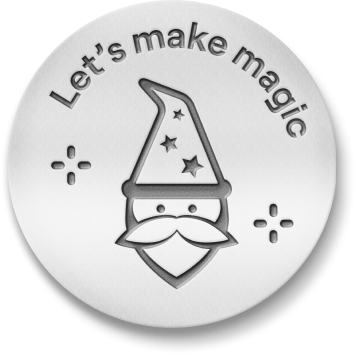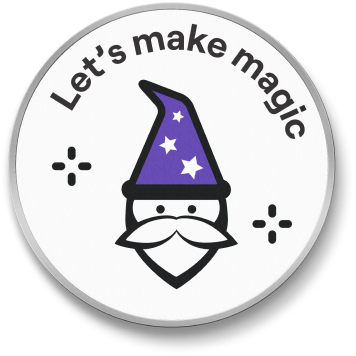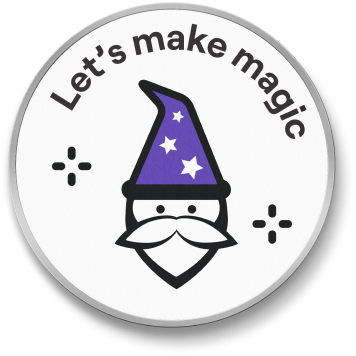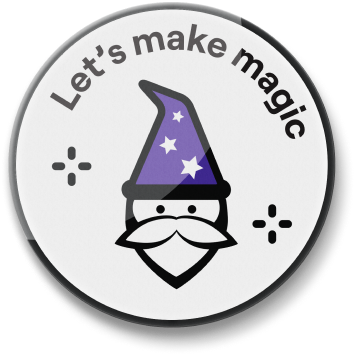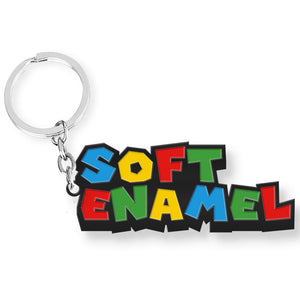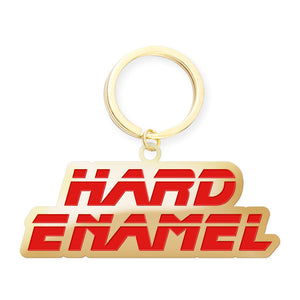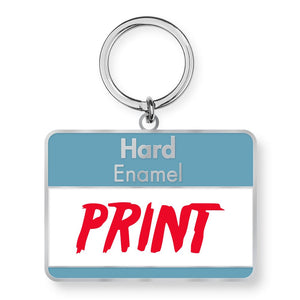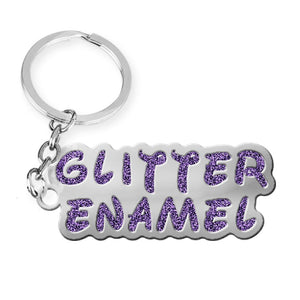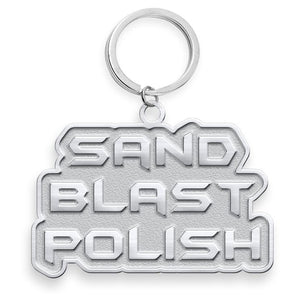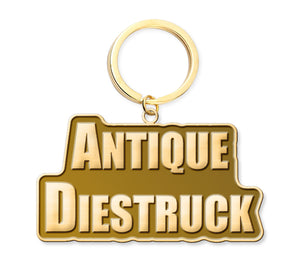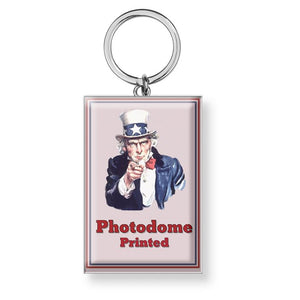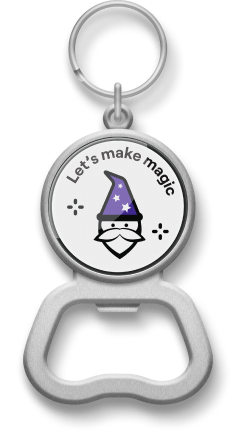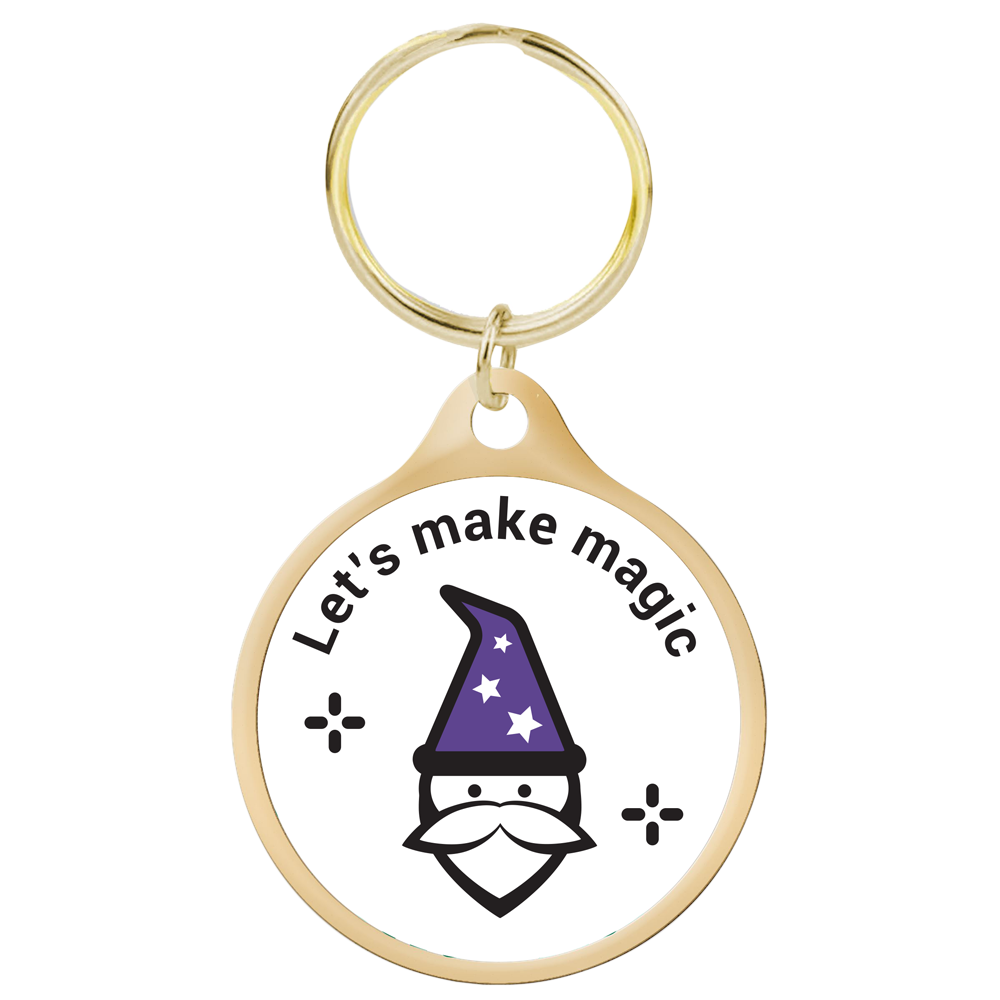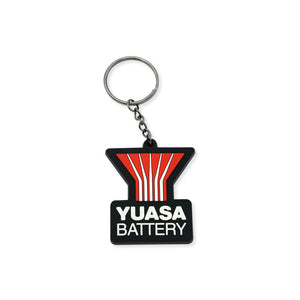Custom enamel pins are a profitable product to sell—they can bring a 400% return on your investment. They’re also an affordable way to recognize employees and promote your business. But if you’re not careful, unexpected costs could punch a hole in your pin budget.
We did a little “bar napkin” math and found seven ways to reduce your enamel pins’ costs by up to 62%.

Here’s how we figured it. We took the bulk price of a soft enamel pin ($2.16) and then added up all the potential extra costs you could incur like new mold fees, upcharges for hard enamel, and expedited shipping. Together, they pushed the pin price to $5.66, a whopping $875 increase for a 250-pin order.
The good news is that it’s not hard to avoid these extra costs. You just need to work with a good custom pin manufacturer, plan ahead, and choose the right pin products. Do that, and you’ll get a beautiful pin while keeping your profit, or your expense account, fully intact.
Avoid rush fees
Sometimes last-minute projects come up, and WizardPins has rush solutions for you. With a little pre-planning, though, you can avoid high-cost shipping options and use lower-priced pins.Rush pins use digitally printed laminate and local manufacturing so they’re quick to produce and work really well for very detailed designs. It also means they cost more.
The bulk price for 250 rush pins is $2.84 per piece. The bulk price for 250 standard soft enamel pins is $2.16 per pin—a 68-cent difference. That’s a total price of $710 versus $540 for 250 pins.
Rush shipping also adds a lot of extra expense. According to the UPS calculator, it costs $44 to send a 2lb box from Boston to Los Angeles via 2nd Day Air. That would add 17 cents to each pin in a 250-piece order. For our rush order example above, shipping costs would bring our total to $752.50 ($710 in rush pins x .17 cents/pin rush shipping).
When you tally up the rush pin and expedited shipping costs, you could save 85 cents per pin (or $212.50 on an order of 250) with a little pre-planning.
Don’t pay for proofs
Your enamel pin manufacturer will send a proof—a digital rendering of your pin design—before they begin production. Some manufacturers charge you for changes to the proof, but they shouldn’t.

A proof is the first chance to see your design translated to pin form.
If it looks a bit “ruff,” you can ask your pin manufacturer to make changes to the proof. It may take several iterations before it’s perfect.
Unfortunately, some pin manufacturers charge a fee, usually around $20, after the third proof iteration. We don’t because it’s easy for our pin wizards 🧙 to tweak our interpretation of your dream design.
But if you have to pay $20 for additional proofs, it would add another 8 cents to the cost of each piece in your 250-pin order.
Choose soft enamel pins
Hard enamel and soft enamel are the two most popular types of pins. Soft enamel is less expensive to produce but still provides an excellent finished product.
Hard and soft enamel pins each have their own unique characteristics.

For example, hard enamel pins are smooth and shiny, while soft enamel pins have raised edges that give them texture.
The manufacturing process that produces these physical differences also affects the price. It takes extra polishing and baking to give hard enamel pins their luster, so you’ll spend more for them.
That doesn’t mean soft enamel pins are of lower quality. In fact, soft enamel is the choice for a large majority of pin designers.
A big reason for soft enamel’s popularity is the lower price point. In a bulk order of 250 pieces, each hard enamel pin costs 12 cents more than the same size soft enamel pin. That’s another $30 for the total order.
Get free shipping
Shipping costs are rising and will add a considerable expense to the overall price of your new enamel pin. That is unless your manufacturer ships to you for free.Shipping rates from most major carriers are expected to go up this year. UPS rates, for example, may climb by nearly 5% in 2021.
Even before the rate hikes hit, you’ll already pay the brown-shirted delivery drivers about $24 to ship a 2lb box via of enamel pins via UPS ground service across the country.
WizardPins covers the cost of domestic shipping in the U.S., so those rate hikes won’t hit you.
If you do have to pay for shipping, it’ll add almost 10 cents to each pin in your 250 piece order.
Work with a manufacturer that offers backer cards
A backer card is the piece of card stock that attaches to the back of your enamel pins. When you order both backer cards and enamel pins from the same manufacturer, they’ll do the work to attach the two...giving you more time for other valuable activities.
A backer card gives your pins a professional presentation and creates more space for promotion. This brilliant example comes from @elevatedconjure.

Source
The downside of using backer cards is the time it takes to attach your pins to them. But when you order both backer cards and enamel pins from the same company, like WizardPins, they show up at your doorstep already assembled.
Say it takes two hours to attach 250 pins to cards. What’s your time worth? Let’s lowball it and say $20/hour (we think you’re worth way more).
That additional $40 in labor costs means attaching your own backer cards adds another 16 cents to the cost of each piece in your 250-pin order. It’s really starting to add up!
Skip new mold fees
Each new enamel pin design requires a new mold—the metal plate used to form a pin’s plating. Some manufacturers, like WizardPins, absorb the cost of each new mold while others ask you to foot the bill.A mold is like a stamp used to cut metal into the shape of your new pin. You can watch us make a mold here.
Source
Every new pin design needs a new, unique mold. Some pin manufacturers will add the cost of the mold to your order—usually around $50. Some pin makers, like WizardPins, absorb the fee as a cost of doing business, so you don’t have to pay it.
Before you order, double-check who is paying for the mold. If it’s you, it’ll tack 20 cents on to each of your 250 pins.
Order in bulk
Like most manufactured products, there is an economy of scale in making enamel pins (meaning it costs less per pin to make a lot of a single design). WizardPins passes those savings on to you when you order larger quantities.A portion of the labor involved in making an enamel pin is setting up the stages of production. That cost is the same whether you make 100 or 1,000 new pins. For larger orders, you can spread that cost across more pins.
This is where pre-planning helps again. Like if you need pins for several occasions in the future, buy them all at once instead of placing multiple small orders.
The savings are significant. The per-piece cost of a soft enamel pin is $1.99 less when you buy 250 vs. buying just 50.
Add it all up, and you’ll save $3.50 on each pin you buy. That’s $875 in savings for a 250-pin order.
Save on promotion after you get your enamel pins
With a little pre-planning and the right pin manufacturer, you’ll keep your enamel pin costs low. But your prudent pin planning doesn’t end when your product arrives. You can also save money promoting your new pins on Instagram.For resellers, do what we did and launch Instagram contests. You’ll gain followers and new buyers for a fraction of the cost of ads.
If you’re rewarding employees with your pins, follow Shopify’s lead [link to story] and encourage your employees to share their pins on Instagram. Their followers will see how great your company culture is, turning those posts into effective tools for talent recruitment.




